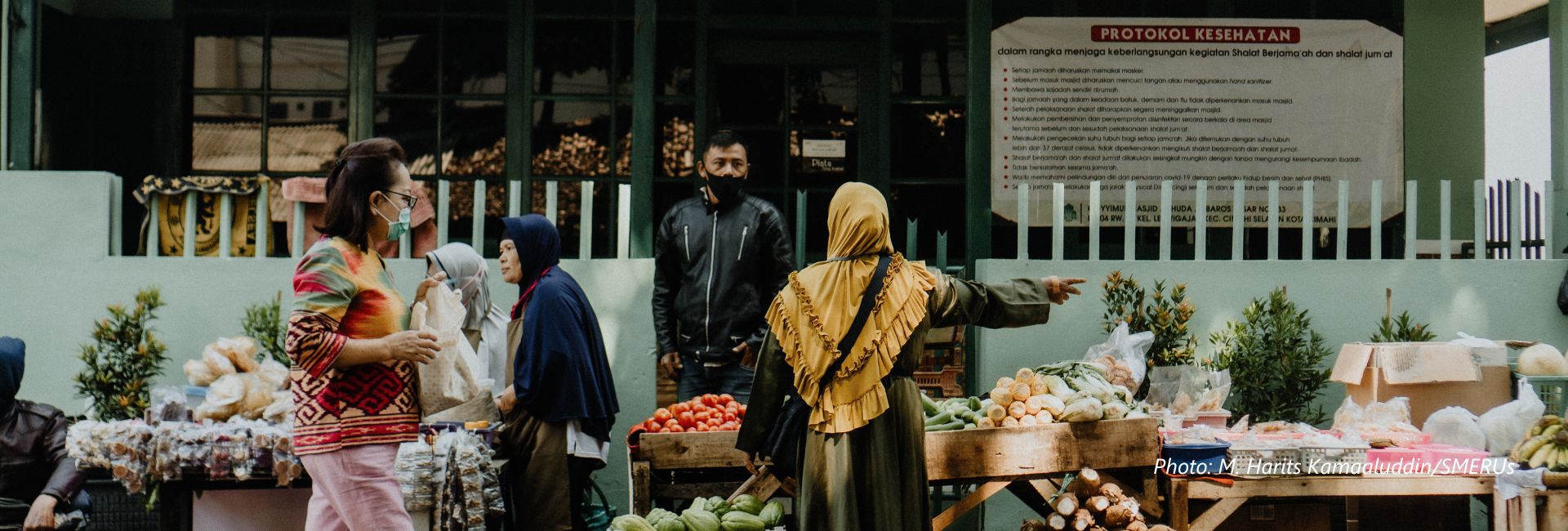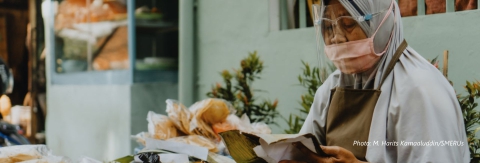The Coronavirus Disease 2019 (COVID-19) pandemic, caused by the novel Severe Acute Respiratory Syndrome Coronavirus 2 (SARS-CoV-2), first emerged in Wuhan, China in December 2019 and quickly became a global pandemic. The peak of COVID-19 deaths in Indonesia occurred on July 27, 2021, during the spread of the Delta variant - with a total of 2,069 fatalities. The impact of the pandemic on the Indonesian economy has been significant - causing business closures, job losses, and economic hardship. This study evaluates the effectiveness of Indonesia’s public health risk communication strategies in enhancing knowledge and practices regarding infection prevention. It also examines how these communication strategies have influenced the uptake of COVID-19 testing and vaccination–including generating demand for vaccination and reducing vaccine hesitancy. Vaccination and testing-related challenges are covered due to their direct relationship to the success of the risk communication efforts. The intention is not to comprehensively cover how Indonesia performed in these public health response dimensions but only to put the success or lack thereof of risk communication in perspective. The study also explores the role of the COVID-19 Task Force. The inclusion of vaccination, testing, and the role of the COVID-19 Task Force is crucial as their uptake is directly related to the effectiveness of risk communication strategies. By addressing these issues, the study aims to inform policy makers on the impact of health risk communication during the pandemic. The findings will provide insights and lessons that can guide future decision making in Indonesia and potentially serve as a model for other countries in managing public health crises.




